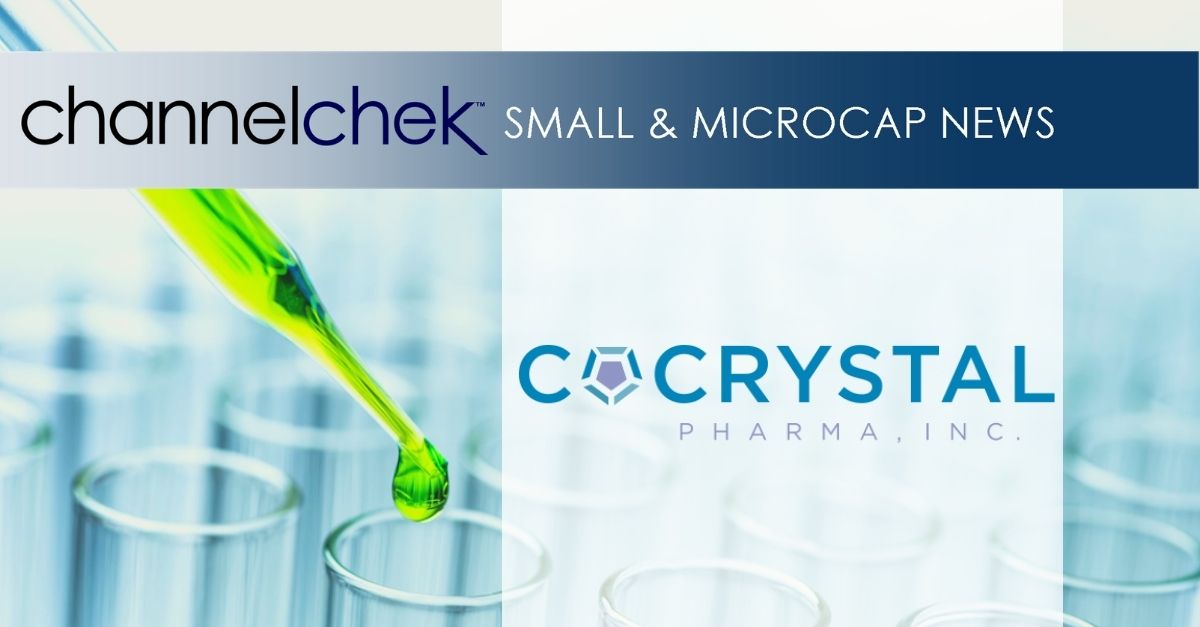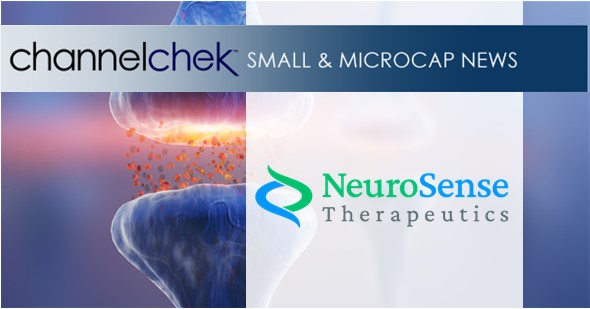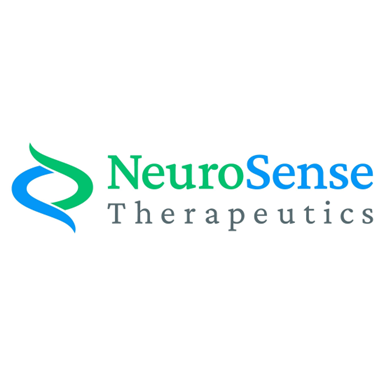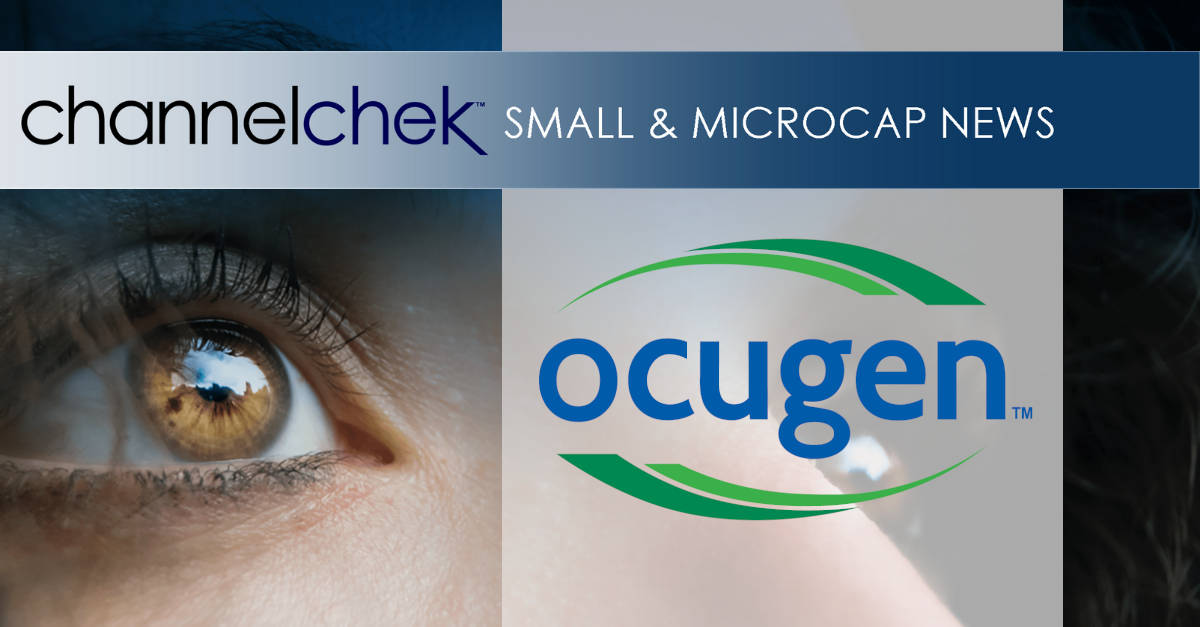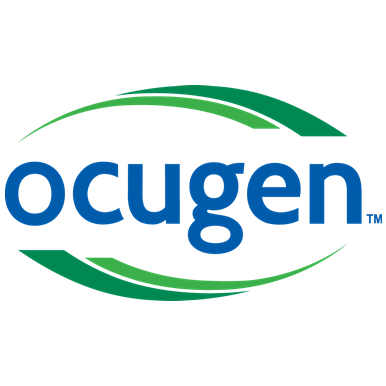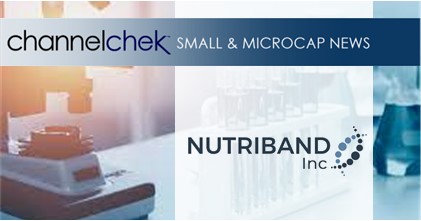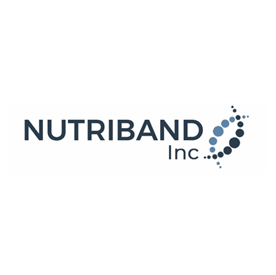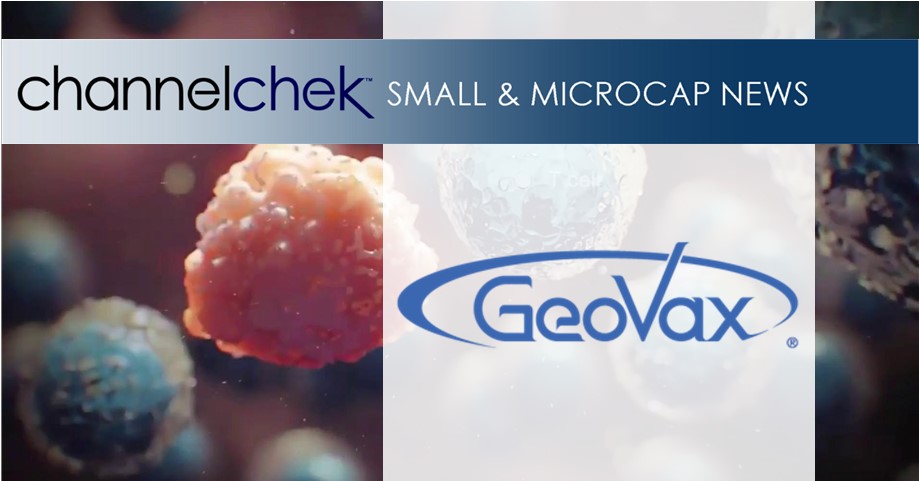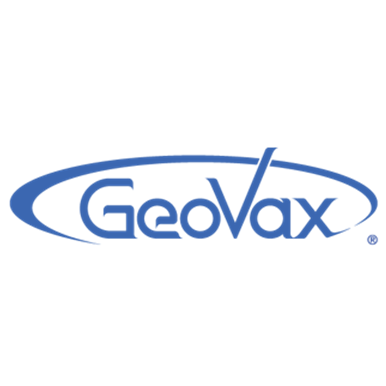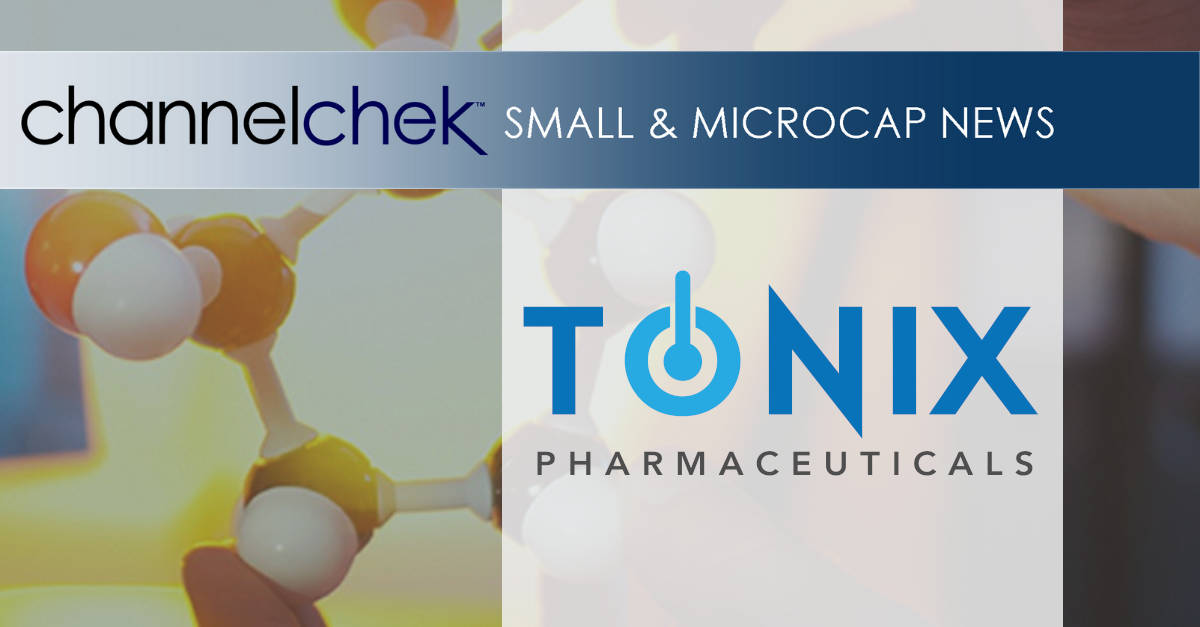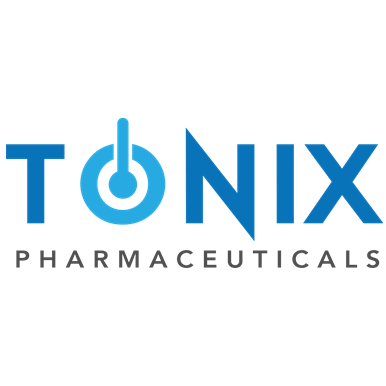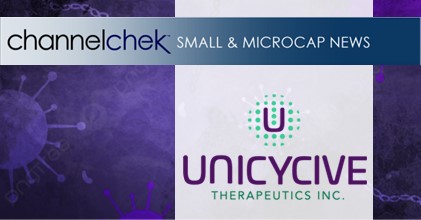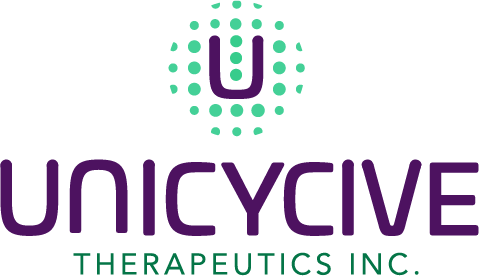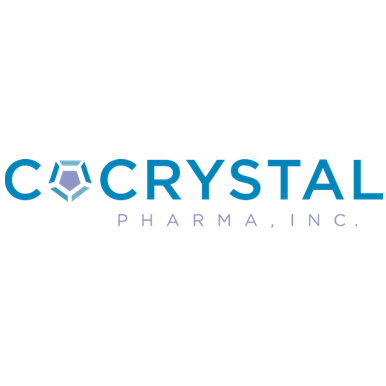
Research News and Market Data on COCP
February 19, 2026
- CDI‑988 is the first oral antiviral drug candidate being developed for prevention and treatment of norovirus infections
- Company to present Phase 1 data and updates from ongoing Phase 1b study conducted at Emory University School of Medicine
- No approved antiviral therapies or vaccines for norovirus infections demonstrate an immediate market need
BOTHELL, Wash., Feb. 19, 2026 (GLOBE NEWSWIRE) — Cocrystal Pharma, Inc. (Nasdaq: COCP) (“Cocrystal” or the “Company”) announces that initial progress of a norovirus challenge study with its direct-acting, oral protease inhibitor CDI-988 will be presented at the 39th International Conference on Antiviral Research (ICAR2026), being held April 27–May 1 in Prague, Czech Republic. CDI-988 is the first oral antiviral drug candidate under development for the prevention and treatment of acute norovirus gastroenteritis.
Sam Lee, Ph.D., Cocrystal President and co-CEO, will discuss the ongoing Phase 1b challenge study evaluating CDI-988 as both a potential prophylactic and therapeutic option for norovirus infection. CDI-988 was designed and developed using the Company’s proprietary structure-based drug discovery platform technology as a pan-viral protease inhibitor, targeting 3CL viral proteases. Based on its novel mechanism of action and superior broad-spectrum antiviral activity, CDI-988 represents a potential oral treatment for both noroviruses and coronaviruses.
“ICAR is widely regarded as the premier international conference for antiviral research, and it is a privilege to be selected to present our work to this antiviral research community,” said Dr. Lee. “We are excited to further advance CDI-988 into a Phase 1b norovirus challenge study at Emory University School of Medicine. CDI‑988 is our first pan-viral protease inhibitor developed for the treatment of acute norovirus gastroenteritis and also represents a significant step toward a potential treatment for patients suffering from chronic norovirus infection.”
About ICAR2026
The International Society for Antiviral Research (ISAR) is an internationally recognized organization of scientists working across the basic, applied, translational and clinical aspects of antiviral research. The annual International Conference on Antiviral Research (ICAR), the Society’s main event, brings together virologists, chemists, clinicians, pharmacologists, biologists and regulatory representatives focused on antiviral agents and therapies. Topics include novel and broad‑spectrum antivirals, host‑targeted approaches, vaccines, pandemic preparedness and emerging or re‑emerging viral threats, with a strong emphasis on interdisciplinary collaboration among academia, industry, government and non‑profit organizations.
About Norovirus
Norovirus is a common and highly contagious virus that afflicts people of all ages and causes symptoms of acute gastroenteritis including nausea, vomiting, stomach pain and diarrhea, as well as fatigue, fever and dehydration. This infection spreads rapidly in semi-closed and crowded settings such as hospitals, nursing homes, cruise ships, schools, disaster-relief shelters and military facilities, where close contact makes outbreaks especially difficult to control. Norovirus causes an estimated 200,000 deaths worldwide each year at a societal cost of approximately $60 billion. In the U.S., norovirus is responsible for about 21 million cases of acute gastroenteritis annually, including 109,000 hospitalizations, 465,000 emergency department visits and nearly 900 deaths, with an estimated annual economic burden of $10.6 billion.
About Cocrystal Pharma, Inc.
Cocrystal Pharma, Inc. is a clinical-stage biotechnology company discovering and developing novel antiviral therapeutics that target the replication process of influenza viruses, coronaviruses (including SARS-CoV-2), noroviruses and hepatitis C viruses. Cocrystal employs unique structure-based technologies to create viable antiviral drugs. For further information about Cocrystal, please visit www.cocrystalpharma.com.
Cautionary Note Regarding Forward-Looking Statements
This press release contains forward-looking statements within the meaning of the Private Securities Litigation Reform Act of 1995, including statements regarding the potential of CDI-988 as an oral treatment for both norovirus and coronavirus infections. The words “believe,” “may,” “estimate,” “continue,” “anticipate,” “intend,” “should,” “plan,” “could,” “target,” “potential,” “is likely,” “will,” “expect” and similar expressions, as they relate to us, are intended to identify forward-looking statements. We have based these forward-looking statements largely on our current expectations and projections about future events. Some or all of the events anticipated by these forward-looking statements may not occur. Important factors that could cause actual results to differ from those in the forward-looking statements include, but are not limited to, the risks and uncertainties arising from inflation, affordability, the possibility of a recession, the impact of future interest rate changes on the economy, tariffs and the resulting litigation, and geopolitical conflicts including those in Ukraine, Latin America and Middle East on our Company, our collaboration partners, and on the U.S. and global economies, including manufacturing and research delays arising from raw materials and labor shortages, supply chain disruptions and other business interruptions including any adverse impacts on our ability to obtain raw materials for and otherwise proceed with the planned norovirus study or subsequent studies as well as similar problems with our vendors and our current and any future clinical research organizations (CROs) and contract manufacturing organizations (CMOs), the progress and results of the studies including any adverse findings or delays, the ability of us and our CROs to recruit volunteers for, and to otherwise proceed with, clinical studies, our and our collaboration partners’ technology and software performing as expected, financial difficulties experienced by certain partners, the results of any current and future preclinical and clinical studies, general risks arising from clinical studies, receipt of regulatory approvals, regulatory changes and any adverse developments which may arise therefrom, potential mutations in a virus we are targeting that may result in variants that are resistant to a product candidate we develop, the potential for the development of effective treatments by competitors which could reduce or eliminate a prospective future market share commercializing any product candidates we may develop in the future, and our ability to meet our future liquidity needs. Further information on our risk factors is contained in our filings with the SEC, including the “Risk Factors” in Item 1A of our Annual Report on Form 10-K for the year ended December 31, 2024 and the Prospectus dated September 25, 2025. Any forward-looking statement made by us herein speaks only as of the date on which it is made. Factors or events that could cause our actual results to differ may emerge from time to time, and it is not possible for us to predict all of them. We undertake no obligation to publicly update any forward-looking statement, whether as a result of new information, future developments or otherwise, except as may be required by law.
Contact:
Alliance Advisors IR
Jody Cain
310-691-7100
jcain@allianceadvisors.com
# # #
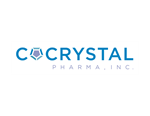
Source: Cocrystal Pharma, Inc.
Released February 19, 2026
